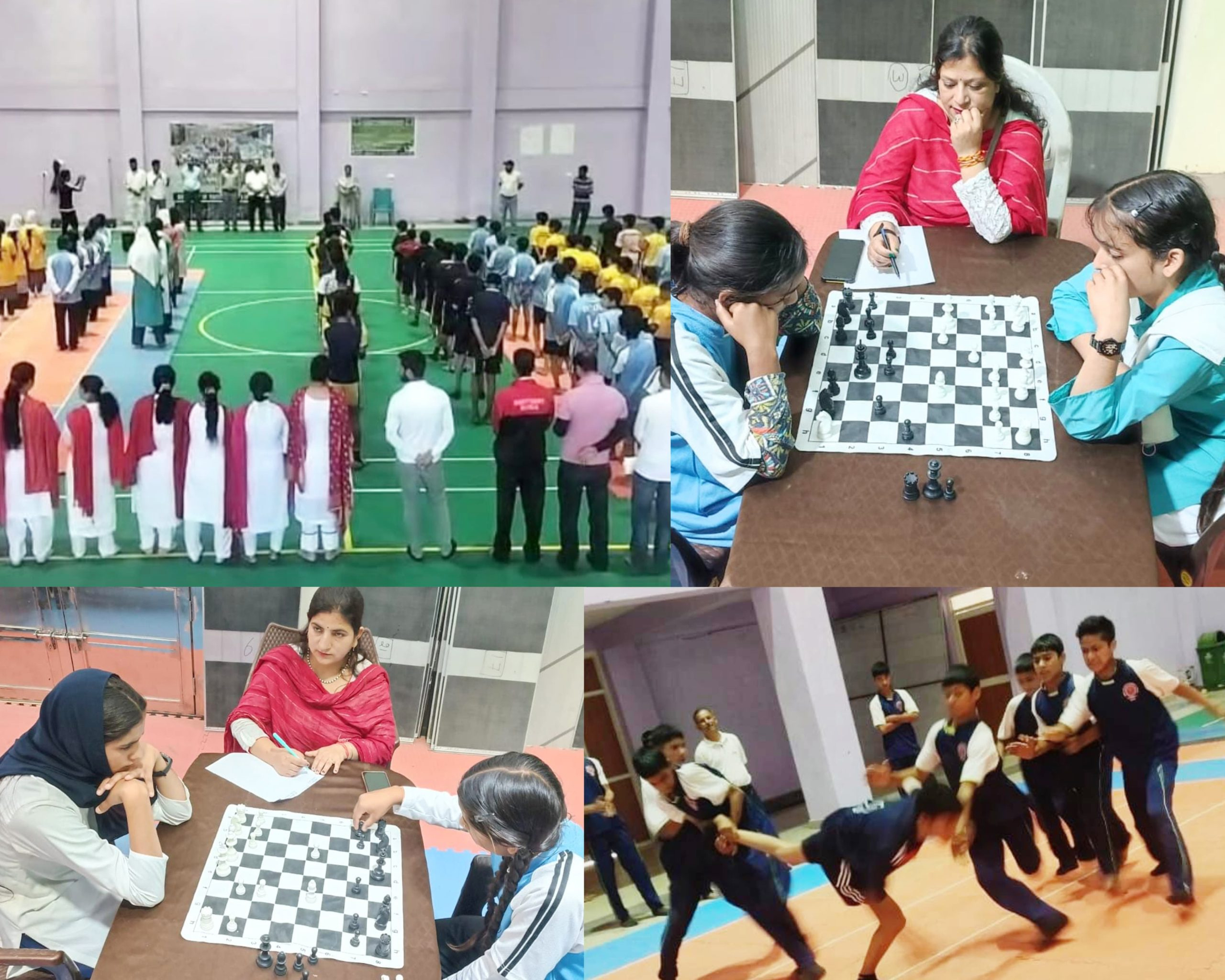NEW DELHI, Dec 5
In his first press conference as the head coach of India, Amol Muzumdar picked fitness and fielding as areas of top priority ahead of the women’s T20I series opener against England.
“Fielding and fitness are of highest priority,” Muzumdar said on the eve of the first T20I. “There is no compromise on fielding and fitness. There will be lot of camps that will be happening post this series and getting into the next season. There will be a lot of cricket played either at the NCA or somewhere or the other.
“More exposure, fitness and fielding will be my top priority. The fringe players – the new generation coming through – will get equal opportunities.
These are the prime things that we will take forward after this series.”
vIndia kicked off preparations for the multi-format series against England and Australia – including two one-off Tests – mid-November at the National Cricket Academy in Bengaluru. After a four-day practice match, they had a three-day camp before touching down at the Wankhede on December 2. Skill aspects aside, focus was strained in on the fitness aspects with parameters set.
“Goals have already been set,” Muzumdar said. “We already had some [fitness] test done when we were at the NCA in Bengaluru. [The parameters] are already in place and we follow it very rigorously and religiously moving forward. There will be three tests in the season, that is already being followed.”
Muzumdar called for the batters to play fearlessly, starting from Shafali Verma. In T20Is in 2023, India’s openers have had a fifty-run partnership only twice. Shafali averages 20.45 in 11 outings this year and has a strike rate of 112.50 – well below her career strike rate of 130.58.
“We need to play a certain brand of cricket, which we have been known for,” Muzumdar said. “Shafali and Jemimah [Rodrigues] are both a very important cogs in the wheel. I would like them to continue what they have been doing.
“Fearless cricket is something I have always advocated. We would be playing that brand of cricket.”
It is the first time India are playing a T20I at the Wankhede and the opening clash against England will be only the second women’s T20I at the venue. Muzumdar, who played most of his domestic cricket for Mumbai, was nostalgic talking about the venue but cautioned against getting complacent.
“Coming back to Wankhede, I am starting a new role at the home ground,” he said. “I have played all my cricket since childhood here. [It is] great to start the series here at Wankhede. [We are] familiar with the conditions but cannot be complacent as every game has its own challenges.”
India have won only seven of the 27 T20Is against England, but Muzumdar brushed aside the numbers.
“We have decided to leave the statistics and whatever has happened behind us. We are looking forward to a fresh start. The numbers are there to be seen, but these girls and the team are looking forward to the season ahead. We are not going to go back in history — of course it is important — but at the same time, it is also important to look forward to the season ahead.”
Harmanpreet Kaur and Amol Muzumdar will combine as captain and coach for their first series together
Harmanpreet Kaur and Amol Muzumdar will combine as captain and coach for their first series together•PTI
DRS a first for a women’s bilateral series in India
The series will be the first to have the Decision Review System (DRS) for a women’s bilateral series in India. Each team will have two reviews in the T20Is and three per innings in the one-off Test.
DRS was first introduced in women’s cricket at the 2017 ODI World Cup but it was inconsistent in bilaterals. The Women’s T20 World Cup in 2018 was the first T20 edition to have the review system in place. For bilateral series, it is up to the host boards to have the broadcast facilities for DRS.
While England have had DRS in their home series for a while, Muzumdar said India have a “DRS committee” in place to deal with what he called “important aspect of the game”.
“We have already had a discussion on this. We do have a DRS committee in place. It is an important aspect of the game. It could be a game-changer or a series-changer. Every small little aspect will be taken care of. We already have a committee in place to deal with that.”
England captain Heather Knight, on the other hand, laid bare the key members of the on-field DRS decisions, having used to the system in the women’s Hundred as well.
“We are really used to playing with DRS both internationally and domestically,” she said. “Myself, the bowler and [wicketkeeper] Amy Jones are really key cogs in terms of information. Not sure I am the best at it, don’t think if I have an amazing record at DRS. Yeah, one of those you trust your bowler and keeper to try and work it out.”


























